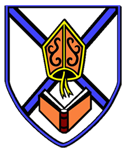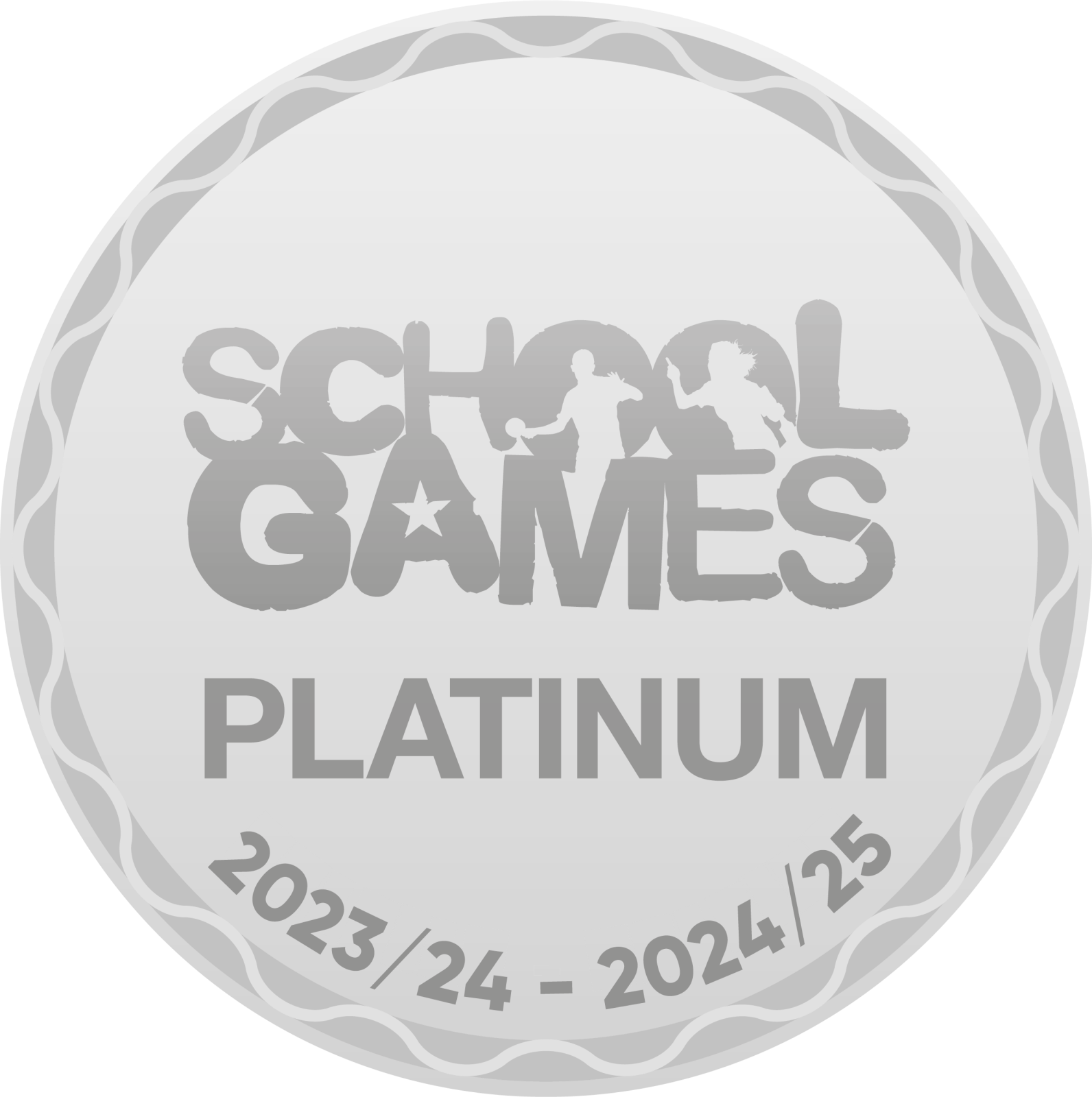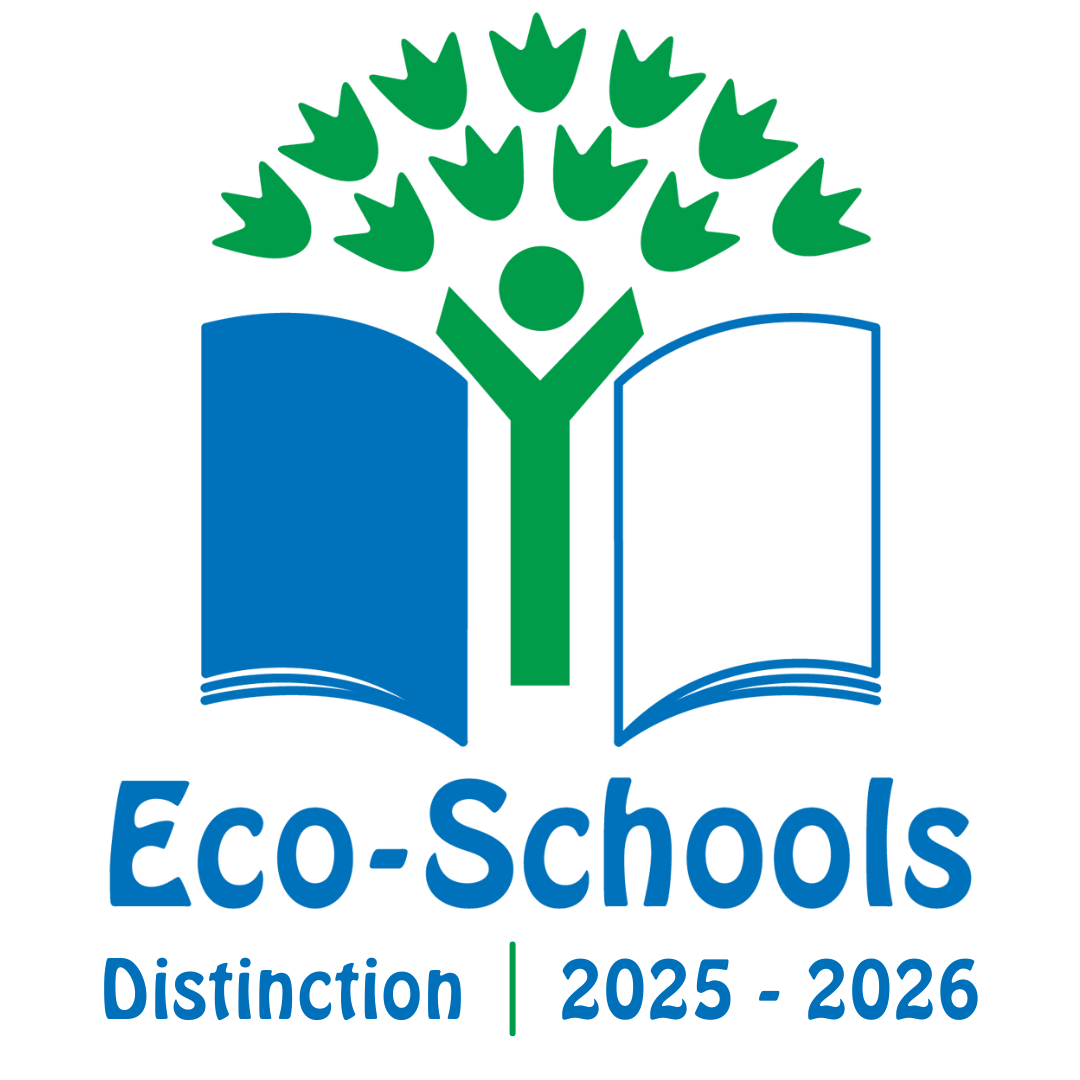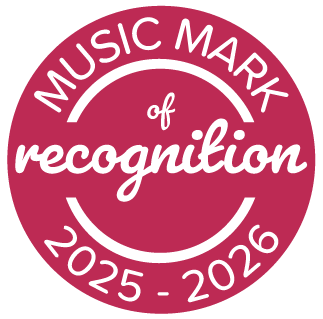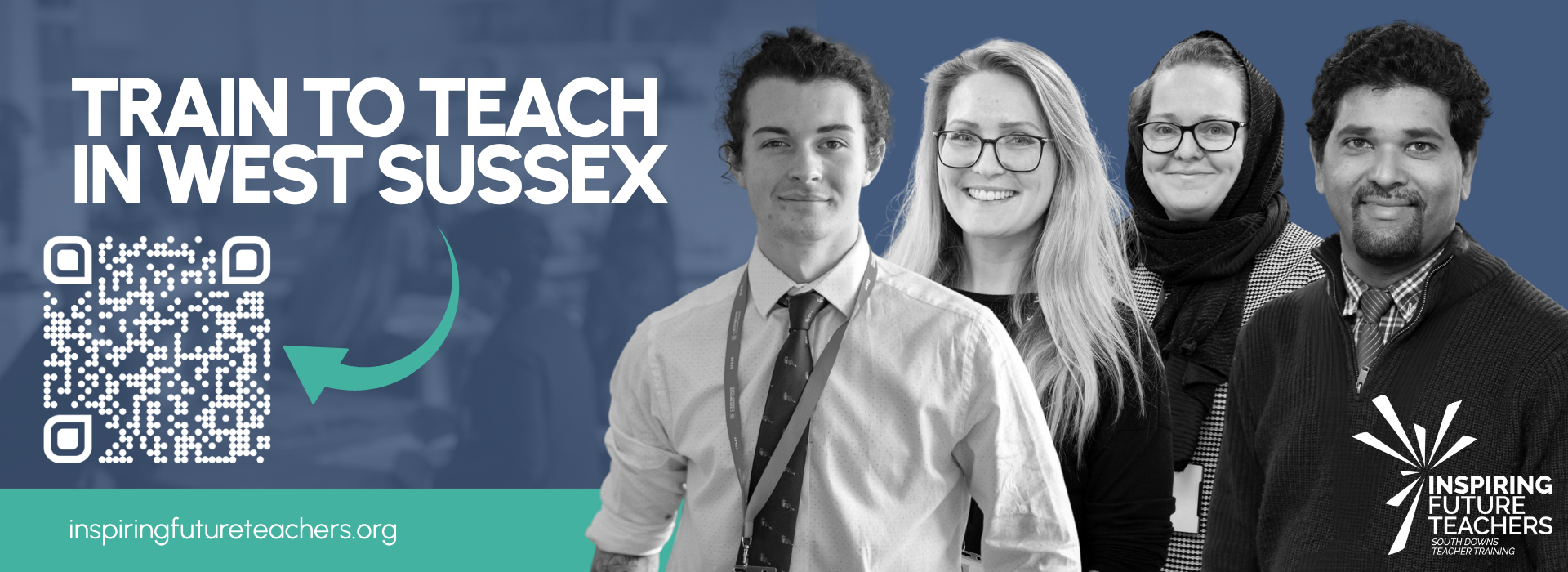Geography
Intent
At Thomas A Becket Junior School we teach geography to engage children in the ever-changing world we live in.

We aim to inspire, encourage and foster children’s enthusiasm, fascination and curiosity to know and understand our diverse world as well as the interaction between people, the environment they live in and its resources. We enable children to become effective geographers with a variety of skills and an eagerness to extend their learning beyond the classroom. We use fieldwork and geographical resources to enrich children’s learning to help them develop an understanding of the physical and human environment around them.
Implementation
At TAB we are committed to developing children’s knowledge and skills in order to become curious, enthusiastic geographers. We have created and integrated into the learning, a set of bespoke knowledge organisers for each key stage two topic to help the children learn, understand and remember, through retrieval tasks, the core facts of the unit of work.

Geography is taught as individual lessons and, where links are clear, through cross-curricular learning. By studying the local environment, children learn and understand how and why places change and develop over time.
As they learn about the wider world, they are exposed to other cultures and ways of life which allows them to explore themes such as responsibility, tolerance and an appreciation for diversity. Importance is placed of the efficient use of maps, charts and geographical data to understand how places and people can be similar and different.

Children develop a wide-ranging knowledge of physical and human geography, from understanding how volcanoes and earthquakes are formed in Year 3 to studying the water cycle in Year 4; from exploring the worldwide impact of deforestation and climate change in Year 5 to comparing countries in Year 6.
As a result of their learning, children will be able to use their talk phrases to discuss and ask questions considering how they fit into the ever-changing web of life on Earth, their surroundings, the impact, and ultimately their responsibility to the environment around them.
Impact
- Children’s awareness and understanding of the local environment around them and how it has been shaped by humans is increased.
- Children are provided with knowledge of physical geography, including the structure of the earth and changing land use.
- Children understand how human geography shapes and impacts the environment, whether for good or bad.
- Geography knowledge and skills, including the use of key vocabulary, drawing, using and interpreting both maps and geographical data when conducting research and fieldwork are developed and build upon as the children progress through the school.
- Children consider how environments can be sustained, particularly the role human activity plays.
- Children formulate questions and develop research skills in order to evaluate the information they have and from which they can form opinions.
- Children are encouraged to talk about and consider their involvement in sustainable development and the concept of being a ‘global citizen’.
Curriculum Overview
geography curriculum overview 24 25.pdf

